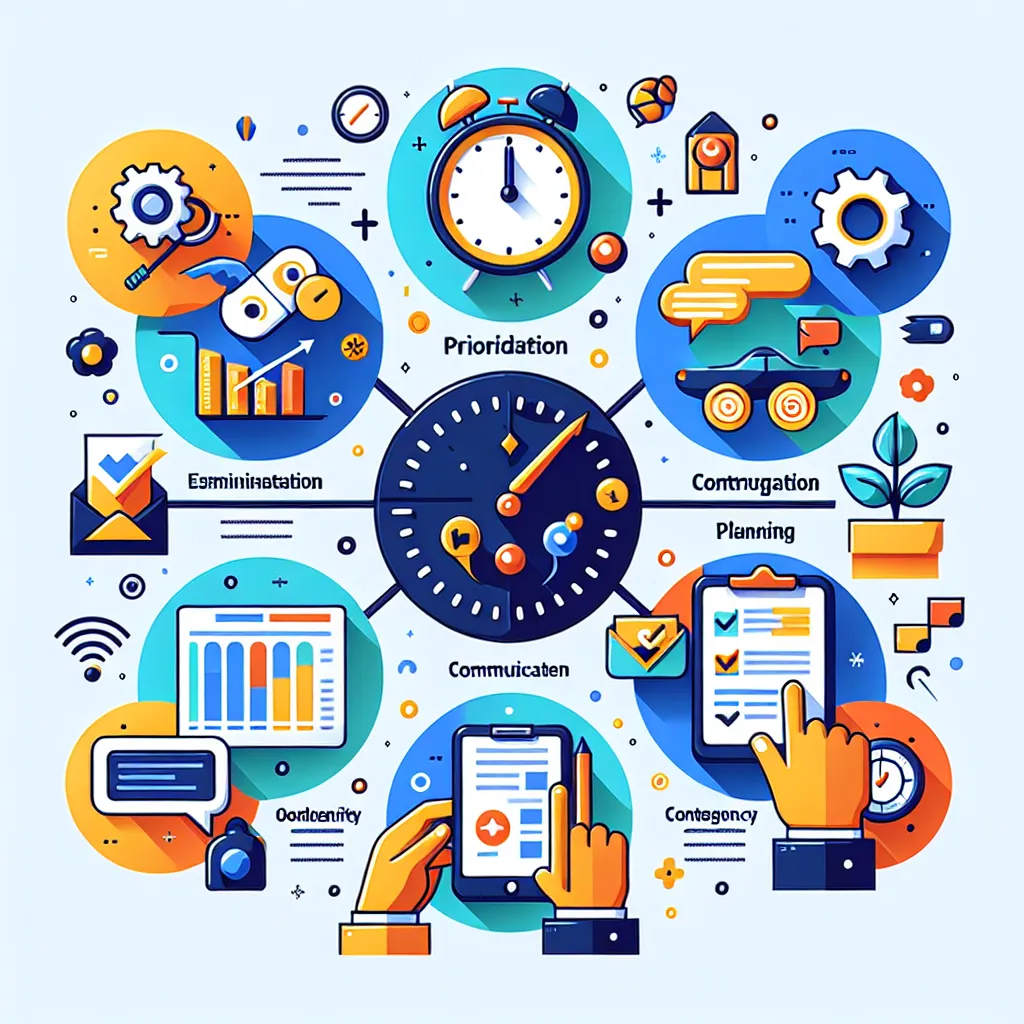When preparing for a job interview, one of the most common questions you might encounter is about your biggest professional challenge. This question provides an excellent opportunity to showcase your problem-solving skills, resilience, and ability to learn from difficult situations. In this article, we’ll explore effective strategies to discuss your biggest professional challenge during an interview, helping you make a lasting impression on potential employers.
 Professional discussing challenge in interview
Professional discussing challenge in interview
Understanding the Question’s Purpose
Before we dive into how to answer this question, it’s essential to understand why interviewers ask about your biggest professional challenge. They’re typically looking to:
- Assess your problem-solving skills
- Evaluate your ability to handle stress and pressure
- Gauge your self-awareness and capacity for self-improvement
- Understand how you approach difficult situations in a professional setting
The Interviewer’s Perspective
Interviewers use this question to gain insights into your:
- Resilience and adaptability
- Leadership potential
- Communication skills
- Ability to learn from experiences
- Professional growth and development
Choosing the Right Challenge to Discuss
When selecting a challenge to talk about, consider the following:
- Relevance: Choose a challenge that’s relevant to the position you’re applying for.
- Recency: Opt for a recent challenge, preferably within the last few years.
- Outcome: Select a challenge that you successfully overcame or learned valuable lessons from.
- Impact: Discuss a challenge that had a significant impact on your professional growth or the organization you worked for.
Sample Challenges to Consider
Here are some examples of professional challenges you might discuss:
- Managing a difficult project with tight deadlines
- Dealing with a conflict between team members
- Implementing a new system or process
- Handling a dissatisfied client or customer
- Adapting to a significant change in the workplace
Structuring Your Response
To effectively discuss your biggest professional challenge, use the STAR method:
- Situation: Briefly describe the context of the challenge.
- Task: Explain your role and responsibilities in addressing the challenge.
- Action: Detail the steps you took to overcome the challenge.
- Result: Share the outcome and what you learned from the experience.
Example Response
Here’s an example of how to structure your response using the STAR method:
“My biggest professional challenge occurred when I was leading a team tasked with implementing a new customer relationship management (CRM) system for our company.
Situation: Our existing CRM was outdated and inefficient, causing frustration among our sales team and negatively impacting customer service.
Task: As the project manager, I was responsible for overseeing the selection, implementation, and adoption of the new CRM system across multiple departments.
Action: I took several steps to address this challenge:
- Conducted thorough research to identify the best CRM solution for our needs
- Created a detailed implementation plan with clear milestones and deadlines
- Formed a cross-functional team to ensure all departments’ needs were considered
- Developed a comprehensive training program for all users
- Established regular check-ins with key stakeholders to address concerns and gather feedback
Result: Despite initial resistance and technical hurdles, we successfully implemented the new CRM system within the given timeframe. This resulted in a 30% increase in sales team productivity and a 25% improvement in customer satisfaction scores. I learned the importance of clear communication, adaptability, and perseverance when managing complex projects involving multiple stakeholders.”
 CRM implementation project team
CRM implementation project team
Tips for Answering Effectively
To make your response more impactful, consider these tips:
- Be honest and specific: Choose a real challenge you faced and provide concrete details.
- Focus on your actions: Emphasize the steps you took to address the challenge.
- Highlight your skills: Showcase the skills and qualities you demonstrated in overcoming the challenge.
- Discuss the lessons learned: Explain how the experience helped you grow professionally.
- Keep it positive: Even if the outcome wasn’t ideal, focus on the positive aspects and learnings.
Common Mistakes to Avoid
When discussing your biggest professional challenge, avoid these common pitfalls:
- Choosing an irrelevant or trivial challenge
- Blaming others or making excuses
- Failing to explain how you overcame the challenge
- Focusing too much on the negative aspects
- Providing vague or general responses
Follow-up Questions and How to Answer Them
Interviewers may ask follow-up questions to gain more insight into your experience. Here are some potential questions and tips for answering them:
-
“How did this challenge affect your team or organization?”
- Discuss the broader impact of the challenge and how your actions influenced others.
-
“What would you do differently if faced with a similar situation?”
- Demonstrate your ability to reflect and learn from experiences by suggesting improvements or alternative approaches.
-
“How has this experience changed your approach to work?”
- Explain how the challenge has influenced your professional development and decision-making process.
-
“Can you give an example of how you’ve applied what you learned to other situations?”
- Provide a concrete example of how you’ve used the lessons learned in subsequent professional scenarios.
-
“How did you maintain motivation during this challenging period?”
- Discuss your strategies for staying focused and motivated when facing difficulties.
Sample Answers to Follow-up Questions
-
“The challenge affected our entire sales department, initially causing some frustration. However, by involving key team members in the decision-making process and providing comprehensive training, we were able to turn the situation into a positive one that ultimately improved our overall performance.”
-
“If faced with a similar situation, I would allocate more time for user testing before full implementation. This would allow us to identify and address potential issues earlier in the process, making the transition smoother for all users.”
-
“This experience has taught me the importance of proactive communication and stakeholder management. Now, I always ensure that I have a clear communication plan in place for any major project or change initiative.”
-
“In a recent product launch, I applied the lessons learned from the CRM implementation by creating a detailed onboarding process for our customers. This resulted in a much smoother adoption rate and higher customer satisfaction scores.”
-
“To maintain motivation during this challenging period, I focused on the long-term benefits of the project and celebrated small victories along the way. I also made sure to recognize and appreciate the efforts of team members, which helped keep morale high.”
Conclusion
Discussing your biggest professional challenge in an interview is an excellent opportunity to showcase your skills, resilience, and ability to learn from difficult situations. By carefully selecting a relevant challenge, structuring your response using the STAR method, and focusing on the positive outcomes and lessons learned, you can demonstrate your value as a potential employee.
Remember to be honest, specific, and positive in your response, and avoid common mistakes such as blaming others or providing vague answers. With proper preparation and practice, you can turn this potentially tricky question into a chance to impress your interviewer and stand out as a strong candidate.
For more tips on acing your job interview, check out our articles on how to talk about your previous job in an interview and English phrases for interviews. Good luck with your upcoming interviews!




